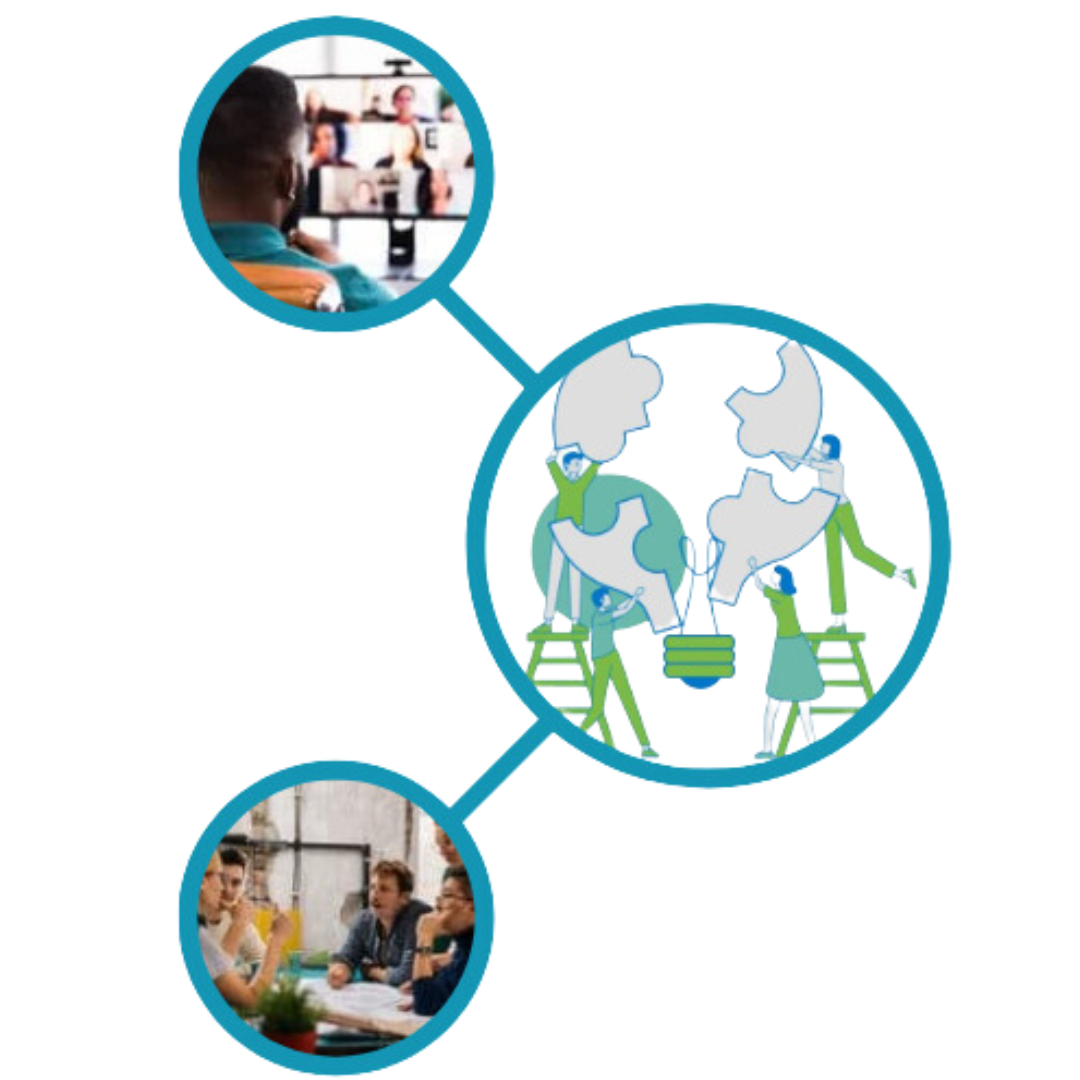Why Us?
Discover a solution to the challenge plaguing most organizations: Ensuring meaningful conversations between managers and employees happen consistently for timely and impactful feedback.
From Intent to Action
No matter how many reminders urge managers to "give feedback early and often with no surprises, assuming that annual reviews will summarize these conversations, the reality is that only about 6% of managers are naturally skilled at candid performance discussions. At EPS, we bridge the gap between intention and execution.

Practical and Proven Feedback Methods
Focused Expertise: Specialized Performance Conversation Training
In a sea of countless training providers offering a broad range of topics, we stand out by specializing in performance conversations and offering expert, targeted training that delivers immediate results.
Everyone Deserves Clear, Honest Feedback: Tools and Skills for Open, Non-Critical Discussions
We provide EVERYONE, managers, and employees with tools to ensure frequent, honest feedback about performance and growth.
Science-Backed: Transforming Feedback with Neuroscience and Appreciative Inquiry
Our approach combines neuroscience and Appreciative Inquiry with 20+ years of experience to enhance communication between managers and employees.
No-Nonsense Training: Gain Immediately Applicable Tools & Skills:
Skip the fluff—our training delivers real-life tools you can apply immediately, ensuring practical, actionable skills.
Customized Solutions: Aligning Training with Your Objectives:
We work with you to tailor our training to your needs, integrating it seamlessly with your goals and existing processes.
Neuroscience & Appreciative Inquiry

Neuroscience Insights: Our Brain on Feedback
We acknowledge the brain's typical defensive response to feedback and offer a formula for crafting non-threatening, constructive messaging.

Appreciative Inquiry Approach
Instead of giving "constructive criticism" focusing on past performance issues, which usually triggers a defensive response, we shift the focus to future expectations. This approach helps individuals understand what to do moving forward, including specific actions. envision specific actions and their significance, redirecting energy toward effective forward-thinking solutions.
